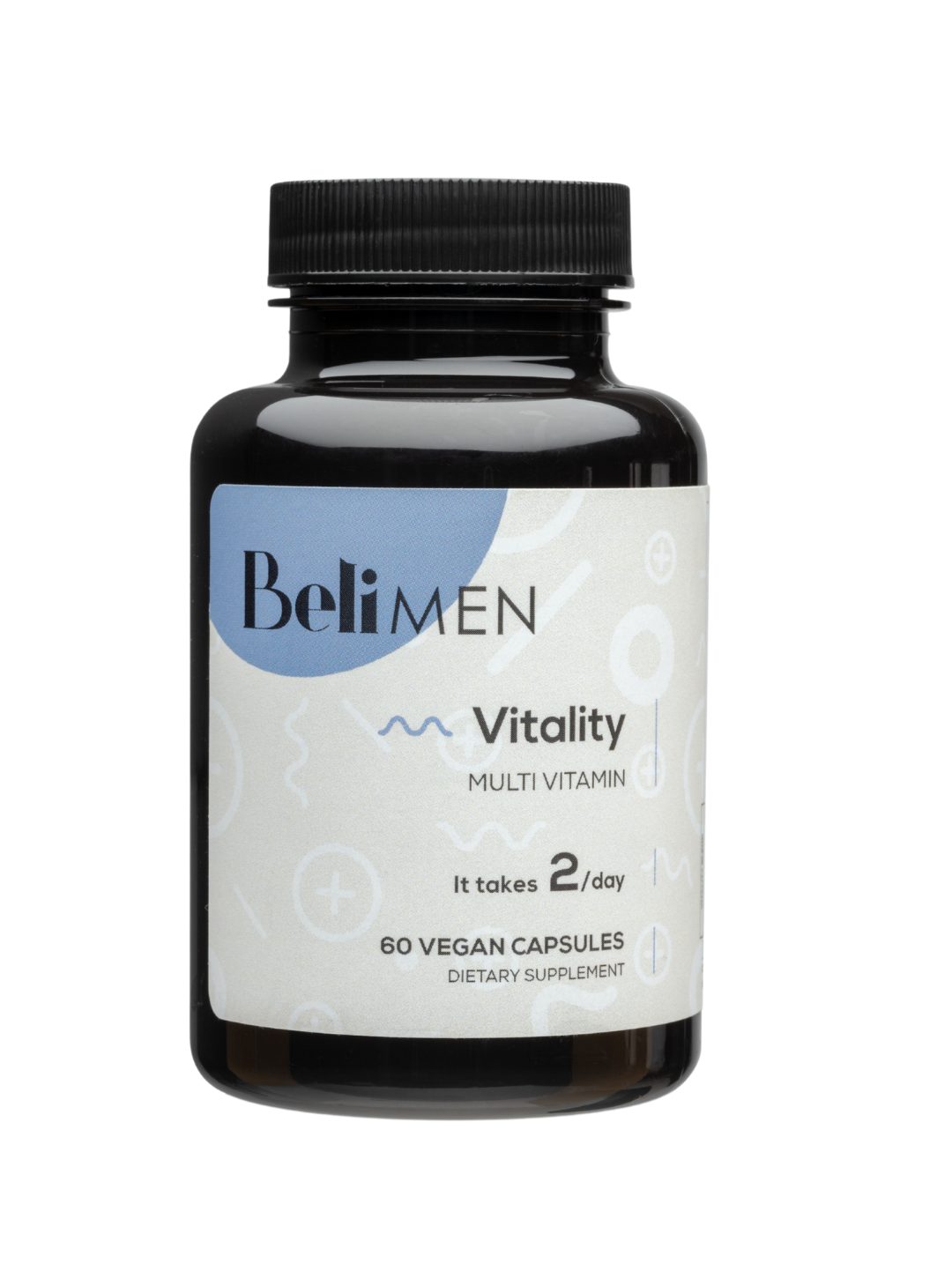Ever wondered about semen health? While it’s lumped into the “bodily fluid” category, semen is a surprisingly complex cocktail of compounds designed to support fertility. Like sperm quality, semen health can be influenced by lifestyle factors—an important realization for couples who are trying to conceive. From color to consistency, here’s what healthy semen looks like.
Key Takeaways
- Semen is made up of sperm, proteins, hormones, sugars, vitamins and minerals, all of which give it its color and texture.
- Healthy semen is white or slightly gray, with a jelly-like consistency.
- Variations in semen color can be an indication of illness and infection. But if you notice a temporary color change without any other symptoms, it’s likely not a concern.
- Like color, texture changes can point to health concerns. While mild variations are likely lifestyle related, semen that is suddenly very thick or clear and watery should be addressed if the goal is a baby.
What Is Semen, And What Color Should It Be?
Of course you’re familiar with this whitish goo, but you might be surprised by its actual composition. Sure, it’s filled with mature sperm (which only makes up about 5% of the total volume), but there are also proteins, hormones, enzymes, sugars, vitamins and minerals, all mixed into fluids from the prostate and a pair of glands tucked behind the bladder (1). This combination of ingredients is what gives semen its color and texture. Typically, that’s a milky to off white, or even slightly grayish. Semen in that color range is generally considered healthy.
What Factors Affect Semen Color And Texture?
Semen color can be influenced by factors like diet, illness and infection, and specific colors can be an indication of potential health issues:
- Yellow semen can be the result of urinary retention. A blockage keeps urine from completely clearing the urethra, and when sperm passes through, it picks up a yellowish tint. It’s most common immediately after you urinate. If it’s accompanied by symptoms like an uncontrollable urge to urinate, abdominal pain, and fever, it’s important to see a doctor to rule out a UTI, bladder obstruction or prostate infection.
- Pink, red or orange-brown semen is usually a symptom of blood. The brighter the color, the fresher it is. Certain STDs, like chlamydia and gonorrhea, can be a cause. Again, if you’re noticing symptoms like pain or burning when you urinate or in the testicles, or any kind of rash, see the doctor. High blood pressure and certain types of cancer are another potential cause, so use your judgment here. If you suddenly start seeing blood in your semen and it’s not because you just had a prostate procedure, speak with your doctor.
- Dark brown or black semen is generally old blood that’s been in the body for a while and may be the result of a spinal cord injury or heavy metals in your food, water or environment. If you think you’ve been exposed to heavy metals, talk to your doctor.
Healthy semen has a viscous consistency, but there can be variations and they’re often the result of lifestyle choices. Ejaculation frequency, nutrition, alcohol consumption, and whether or not you use cannabis can all be linked to chances in your semen texture.
Noticeably thick, chunky semen, however, is typically an indication of dehydration, infection or a hormonal imbalance. Specifically, clumpy semen could be a sign of a testosterone, prolactin or thyroid imbalance. It’s also problematic for fertility, as it can impede the sperm’s ability to move toward the egg. On the flip side, clear, watery semen is no good, either. That can point to a potential vitamin deficiency, leading to less semen than usual (2).
Supporting Semen Health
Semen is the vehicle that moves sperm toward the egg, so making sure it’s as healthy as possible is really important when you’re trying for a baby. Luckily, the same lifestyle choices that support your overall health will also support semen health. That includes regular exercise, stress management, a good diet and the specialized nutrition of a high-quality men’s prenatal vitamin. Beli Vitality for Men is formulated with key ingredients to support sperm quality and male reproductive health, and it’s a simple way to ensure you’re getting the right nutrients day in and day out.
In addition to making smart lifestyle decisions, make a point of checking in on semen color and consistency. That’s the best way of noticing variations that are normal for you and identifying signs of potential problems. Here at Beli, we champion a proactive approach to fertility, and this is one of them!
Article Resources
- Lawrentschuk, N et al. (2021). Benign prostate disorders. https://www.ncbi.nlm.nih.gov/books/NBK279008/
- Sikka, S et al. (2016). Current updates on laboratory techniques for the diagnosis of male reproductive failure. https://www.ncbi.nlm.nih.gov/pmc/articles/PMC4854088/
This article is for informational purposes only, even if and regardless of whether it features the advice of physicians and medical practitioners. This article is not, nor is it intended to be, a substitute for professional medical advice, diagnosis, or treatment and should never be relied upon for specific medical advice. The views expressed in this article are the views of the expert and do not necessarily represent the views of Beli.



